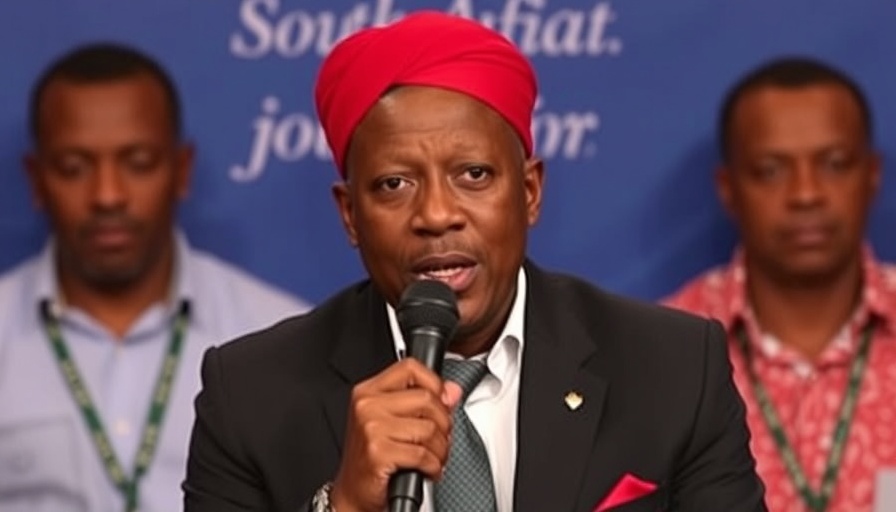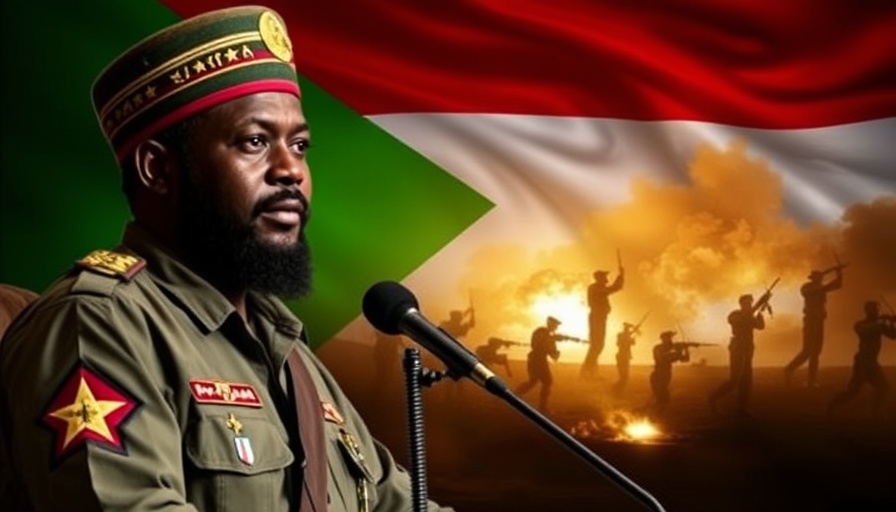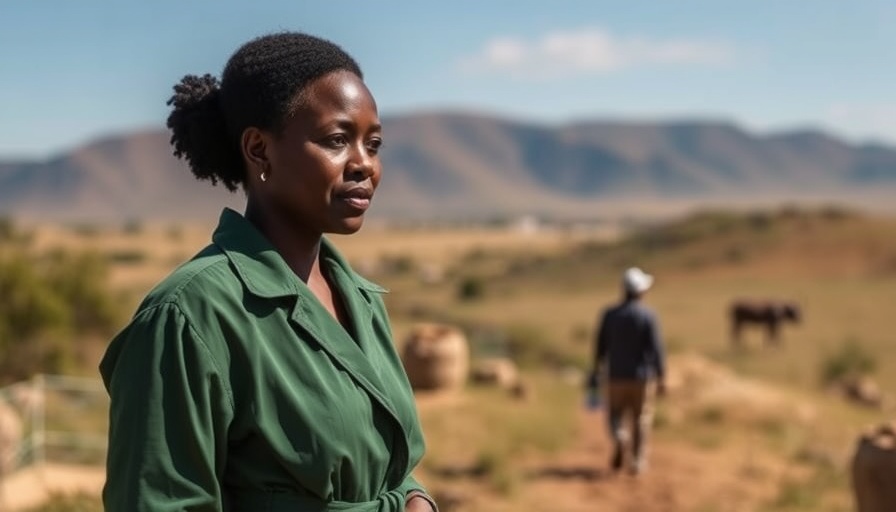
A Dark Side to War: The Trafficking of Tigrayan Victims
The ongoing conflict in Tigray has revealed disturbing allegations involving Eritrean troops, accused of trafficing victims from the region in a damning report by a prominent humanitarian organization. These accusations not only highlight the grim realities of war but also raise critical questions about accountability in the enforcement of international law.
Implications for Africa’s Governance Framework
As the global community focuses on the humanitarian crisis in Tigray, the implications of military conduct on governance and human rights standards in Africa cannot be overstated. The trafficking of war victims damages the fragile fabric of governance and exacerbates existing tensions within Ethiopia and its neighbors, prompting a need for a reevaluation of foreign relations and assistance.
Historical Context: The Legacy of Conflict in the Horn of Africa
This incident is part of a broader history of brutality and human rights violations in the Horn of Africa, where conflicts have frequently been fueled by geopolitical interests. Historical patterns suggest that regional powers often manipulate local conflicts for political gain, complicating international efforts for stability and peace.
Trade Relations Amidst Conflict: A Fragile Balance
As global investors turn their eyes toward Africa’s potential, incidents like these can severely undermine trust in the region's governance structures. Policymakers must navigate the delicate balance between promoting trade and addressing rights abuses to ensure sustainable economic growth.
Call to Action: What’s Next for African Leaders?
The trajectory of African politics hinges on leaders' response to these allegations. As business leaders and international investors tune into Africa's economic potential, they should advocate for comprehensive strategies that prioritize human rights and governance reforms. Only then can Africa realize its full potential in global trade and bolster international relations.
 Add Row
Add Row  Add
Add 


Write A Comment